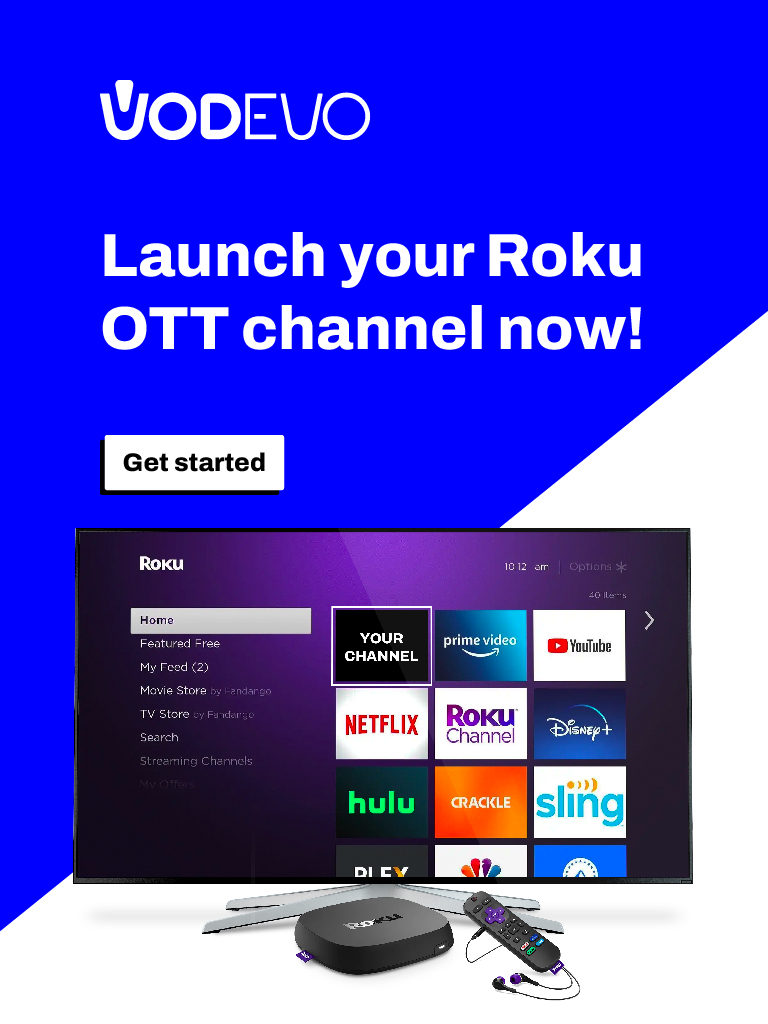In the United States, a significant battle over transmission agreements has erupted between Disney, a content/channel provider, and the pay TV giant Charter Communications.
As Disney channels have been unavailable to 15 million Charter platform customers since last Thursday, some observers have suggested that this dispute may signify the end of the struggling US pay TV market. Both companies have witnessed declines in their stock prices.
Charter Communications has taken a proactive stance in public relations in recent days, alleging that Disney is unwilling to consider innovative transmission arrangements and is instead attempting to impose aggressive price hikes.
Rather than broadcasting Disney’s services, which include the sports channel ESPN, Charter is airing a message that reads: “We offered Disney a fair deal, yet they are demanding an excessive increase. The escalating cost of programming is the primary factor in rising cable TV prices, and we are fighting to contain programming costs imposed on us by companies like Disney.”
More worrisomely, Charter has suggested that it may completely turn its back on pay TV, asserting that it has reached a point of economic indifference with the current model.
Disney new proposal
Disney has countered these claims by stating that it has proposed “creative ways” to resolve the dispute. “Contrary to their assertions, we have offered Charter the most favorable terms on rates, distribution, packaging, advertising, and more,” it said in a statement.
Over the weekend, Disney intervened again by encouraging customers to explore alternatives to Charter: “Consumers should be aware that they have many options today and can choose from competing Pay TV providers that offer Disney’s entire portfolio of networks and programming, as well as TV streaming services that can be accessed by downloading an app or via a broadband connection.”
This dispute comes at a crucial moment in the TV calendar, with the start of the college football season and the imminent kickoff of the new NFL season.
Transmission disputes are common in the United States, but there is no doubt that the current clash between Disney and Charter appears to be of a different magnitude than usual.








